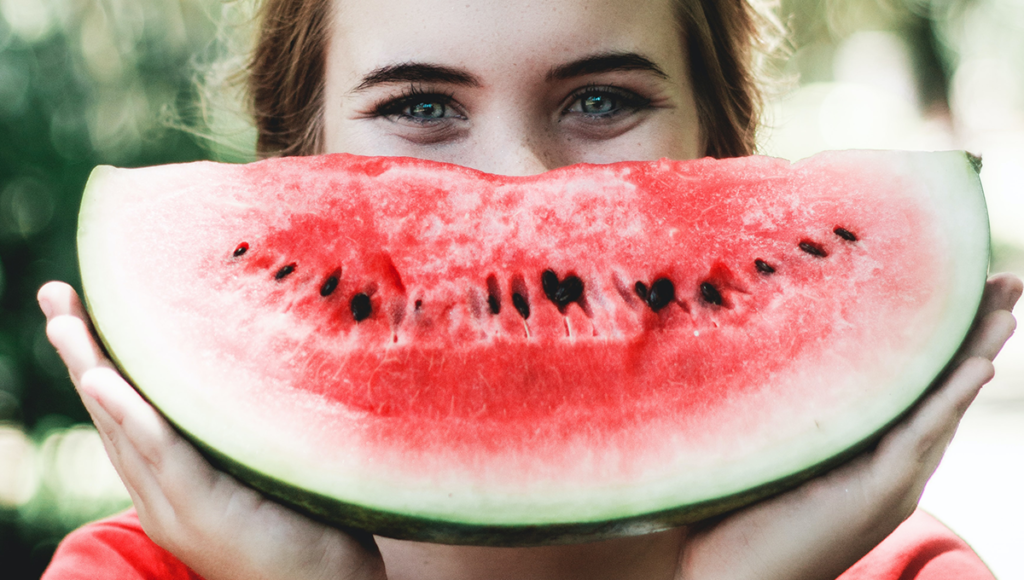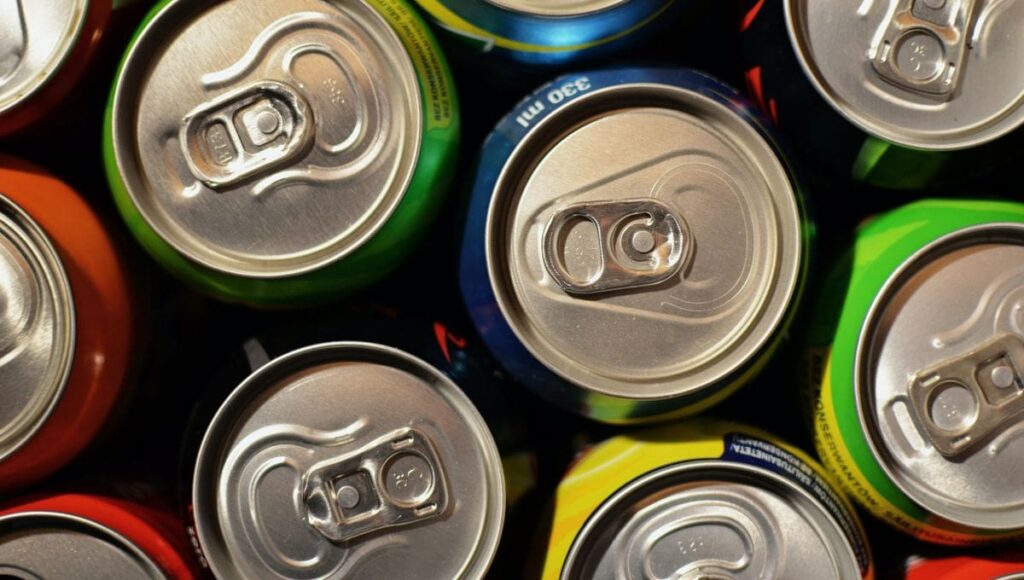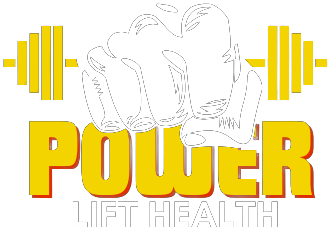The main focus of a plant-food diet is whole and minimally processed foods, which contain much more nutrients. Eating plant-based doesn’t mean eating bland salads for the rest of your life. There are endless tasty, nutritional dishes to try out and they are all without any animal-based product. Of course, it is essential to know what products to include in your diet and why they are important.
Before you change your diet completely, make sure to research everything well. Cutting off a big part of the food pyramid – meats, meat products, eggs, and dairy- requires finding a good replacement. Only knowing your macros and micros will keep you healthy, happy, and stress-free. With too much information and public opinions online, it’s necessary to know what is actually true. So, here are the 7 most common myths about plant-based foods and why are they wrong to cut off false statements once and for all!
7 Myths About Plant-Based Diets (And Why They’re Wrong)
1. Plant-Based Protein Diet Lacks in Protein
First, let’s talk about proteins a bit. Proteins consist of amino acids and the organism can’t function properly without them. Although the body produces some on its own, there are 9 acids you MUST take in your diet.
It is a fact that eggs, beef, fish, and dairy contain all of those 9 essential amino acids, but this still doesn’t mean you need to eat them! Many plants contain almost all essential amino acids, but not all of them.
That’s an easy fix, though, as the key is in ingredient combination. For example, whole grains and legumes make a full protein, containing all 9 amino acids with joined forces. The same stands for a combination of nuts and seeds or legumes and nuts/seeds.
There are, in fact, a few ingredients with a complete plant-based protein, but note that they have less amount of protein per gram than beef, for example. Quinoa, buckwheat, hempseed, blue-green algae, and soybeans are complete and good choices to include in your diet.
Here are some more ingredient examples to help you boost the protein count: Ezekiel bread, amaranth, edamame, tofu, spirulina, chia seeds, nutritional yeast, pita + hummus, peanut butter sandwich… Options are endless. Of course, you don’t have to consume whole protein for every meal, just make sure to take enough throughout the day.
Related: High Protein Vegan Foods Ranked from Best to Worst
2. Milk Is Crucial for Bone Health
Contrary to popular belief, milk is not the best and only source of calcium. This applies to adults only, though, as kids still need their daily dose of dairy.
 Source: August de Richelieu on Pexels
Source: August de Richelieu on PexelsCalcium is not only important for the bones, but for the muscles and nerves, too. That’s why everyone should meet the daily dose of calcium. Soy foods – edamame, tofu, tempeh, and natto are all abundant in the mineral.
Beans, especially goa beans are great sources of calcium, as well as almonds. Well-known calcium sources are dark leafy greens, such as bok choy and spinach, but did you know that seaweed, molasses, and tahini paste can be counted in, too?
They are all super simple to incorporate into your diet, in salads, as snacks, in stews, and in sweets. Beans casserole, bean soup, sesame tofu, spinach and artichoke pesto, and collard wraps, are just a few dishes that are rich in this mineral.
Also, if you prefer your calcium as a drink, most fortified plant milks have high amounts of it. For instance, go for soy milk, plant yogurts, or any other milk variety that is labeled as fortified.
3. Plant-Based Diet is Expensive
Veganism doesn’t have to be expensive at all! Some of the plant-based diet staples are, in fact, one of the most affordable ingredients on the market. Also, if you concentrate more on choosing whole foods instead of processed replacements, you will save much more money.

Oats, chickpeas, lentils, and rice are super cheap, but also a huge part of the diet. You don’t have to eat tropical fruit in the middle of December but rather go for seasonal fresh fruit and veggies. Also, buying them in bulk is a superb idea, just cut them up and store them in the freezer.
Nuts and seeds are really important in the plant-food diet, but they can be pricy, too. Thus, if you buy them in bulk and make your nut and seeds butter at home, you will save a significant amount.
When it comes to vegan substitutes for different ingredients, don’t buy from a popular brand, but from store brands instead. They pretty much have similar ingredients and flavors, but are sometimes half the price!
4. Plan-Based Diet Won’t Make You Feel Ful
The feeling of fullness is a subjective thing and depends on the ingredients-blend your eating. It is okay and normal to feel hungry faster after consuming leafy salad for lunch only, but if you add a portion of brown rice to go with it, it is a whole other story.
Brown rice, for example, is a complex carb that digests slower and makes you satiated for longer. Fruit and vegetables have fewer calories, so you will have to eat more frequently or, simply, bigger portions. Conversely, they are full of fiber and nutrients that make you full for longer, just like complex carbs, nuts, and seeds.
 Source: Caju Gomes on Unsplash
Source: Caju Gomes on UnsplashObviously, the key is ingredient combination, so sprinkle some nuts or seeds in your salad, mix up a scoop of nut butter in your oats, or choose any combination of proteins, fats, and fiber. Having these three groups of food together on the plate will secure a super nutritional meal that will make you full for a long time.
Check This Out: 7 Desserts that Can Be Turned into Protein Treats
5. Plan-Based Diet Will Make You Healthier and Skinny
This statement is both true and false, but let’s see why! This diet can be as bad for you as any other if you’re choosing highly processed and badly prepared food. Fake meats, tofu delis, and deep-fried vegetables are all innutritious, even though they are vegan.
A whole foods-based plant diet is a whole new story, as only quality ingredients have a positive impact on your health. Soda and fries are also vegan, but not nutritious, plus extremely caloric.
 Source: Breakingpic on Pexels
Source: Breakingpic on PexelsRelated: Is Diet Soda Bad For You?
Eating plant-based won’t make you lose weight overnight. Developing good eating habits and being more mindful about ingredient choices, is the only way to go!
On the other note, fruit and vegetables are packed with water. This allows you to consume more food, but fewer calories! Also, high water content makes it easier for you to separate hunger and thirst, as it is common to overeat, while sometimes all your body needs is a glass of water, not more food.
Plant-based food helps you to eat more consciously, be more hydrated, and take more micronutrients.
6. You Can’t Be Pregnant and Vegan
Plant-based diet actually has numerous benefits for pregnant ladies. It is common knowledge that high blood pressure is common in pregnancy, which can later cause preeclampsia. The risks for that are fewer for those who eat according to the diet.
The next big pregnancy risk – gestational diabetes – is heavily reduced by following a plant-based diet, as well. Eating whole foods, less saturated fats, and loads of fiber prevents excessive weight gain which is a triggering factor for diabetes.

It is a fact that a plant-based diet can cause protein, mineral, and vitamin deficiencies, but you will avoid that by eating the right ingredients. You can be pregnant, healthy, and vegan, you just need to track a tad more carefully your micro and macronutrients intake.
Iron, protein, omega-3, calcium, B12, and D vitamins are something you need to pay attention to. All of these nutrient levels are at risk when you’re eating only plant-based, especially when pregnant.
Eating more nuts, quinoa, lentils, seeds, dark chocolate, and fortified foods will probably solve these problems. Of course, it is still important to track your health with professionals.
It can’t be stressed enough that only a well-planned plant-based diet is suitable for pregnant and lactating mothers. If you don’t feel safe enough to plan it yourself, ask for the help of a dietitian so you and your baby can stay stress-free and healthy.
Related: What Happens to Your Body if You Go Vegan for 30 Days?
7. Plant-Based Diet Causes B12 Deficiency
People who eat plant-based have a bigger risk of B12 deficiency. Because of this fact, the food industry started to produce fortified cereal, plant milk, juices… Fortified foods are regular foods, but enriched with different micronutrients, B12 vitamin in this case.
 Source: cottonbro studio on Pexels
Source: cottonbro studio on PexelsEven though vegetarians consume eggs and dairy, they can still face B12 deficiency. Vegans are even more exposed to this, so tracking your eating habits is essential. Including nutritional yeast in your diet is the best way to prevent this problem.
But, you must consume it regularly to see any effects. Also, you will probably need to take supplements, as nutritional yeast is not enough. Cyanocobalamin is the most popular supplement to boost your B12, but of course, consult with the specialist prior!
If you are only starting a plant-based diet, keep track of your changes and well-being. If the B12 vitamin deficiency occurs, you will know it in the first 2 years.
Some final thoughts would be that you don’t have to be exclusively vegetarian or vegan to try out a plant-based diet. Start with small steps, such as eating one or two meals without animal produce daily. Then, include some plant diet staples on your menu, like tofu, edamame, spirulina, quinoa… Eat how you feel, there is no plant police.
Read More: How To Take the Fitness Age Challenge and Find Out How Old You Really Are
Source link: https://www.boxrox.com/7-myths-about-plant-based-diets-why-theyre-wrong/ by Laura Bais at www.boxrox.com








